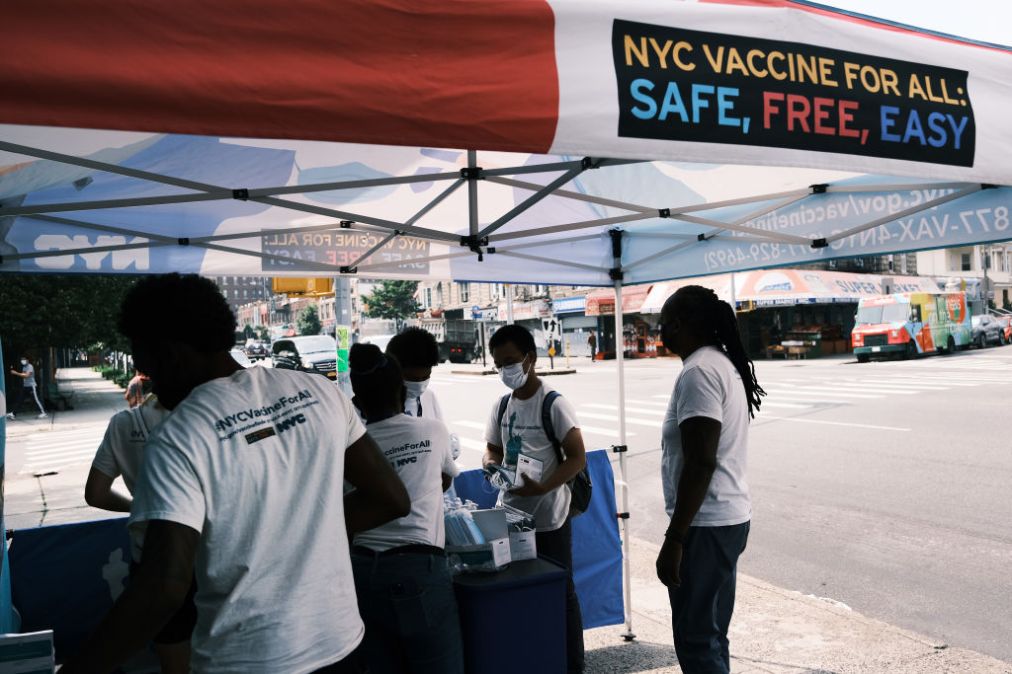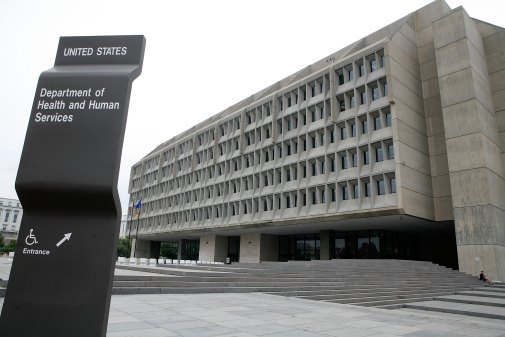HHS renews, expands Palantir’s Tiberius contract to $31M

The Department of Health and Human Services renewed and expanded its one-year contract for its COVID-19 vaccine distribution platform Tiberius from nearly $17 million to $31 million, tech company Palantir announced Monday.
Palantir Foundry powers Tiberius, which has grown from simply helping HHS understand vaccine distribution across the U.S. and providing an integrated view of the supply chain to serving as the backbone of day-to-day dosage programs launched by agencies like the Centers for Disease Control and Prevention and the Biomedical Advanced Research and Development Authority.
HHS had Palantir develop Tiberius in mid-2020 as part of the Trump administration’s Operation Warp Speed, which has since been rebranded as the Countermeasure Acceleration Group.
“We are proud to have supported HHS in administering one of the most successful and rapid
vaccine rollouts in the world,” said Akash Jain, president of Palantir’s U.S. government arm, in an announcement. “As new variants emerge and pose a renewed risk to public health in the United States and around the world, we are humbled to have earned the confidence of HHS once again to help support its lifesaving work.”
Agencies will use the expanded Tiberius platform to weigh policy decisions concerning additional doses and boosters and international distribution, a Palantir spokesperson told FedScoop.
Tiberius already has between 2,000 and 3,000 users including those at HHS, CDC, BARDA, the Countermeasure Acceleration Group, the Office of the Assistant Secretary for Preparedness and Response, the Federal Emergency Management Agency, the Pentagon, and other agencies involved in pandemic response. State and territory employees make up two-thirds of the user base, which also includes sub-state entities that receive vaccines like New York City and Chicago and commercial users including all retail pharmacies.
The Long-Term Care Facility and Federal Retail Pharmacy programs hadn’t been envisioned at the start of Palantir’s first contract for Tiberius, which now provides more granular analysis of gaps in vaccine access.
“You sort of see us shifting gears right now from a flooding-the-zone approach to vaccines, where you’re just trying to get as much supply as you can access out there,” the spokesperson said. “And things have really turned a corner where you’re more demand-constrained than you are supply-constrained.”





